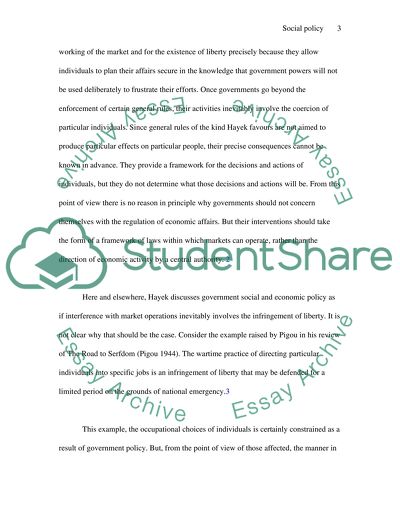Cite this document
(“Social policy - the rule of law as referring to an ideal condition Essay”, n.d.)
Social policy - the rule of law as referring to an ideal condition Essay. Retrieved from https://studentshare.org/miscellaneous/1503471-social-policy-the-rule-of-law-as-referring-to-an-ideal-condition
Social policy - the rule of law as referring to an ideal condition Essay. Retrieved from https://studentshare.org/miscellaneous/1503471-social-policy-the-rule-of-law-as-referring-to-an-ideal-condition
(Social Policy - the Rule of Law As Referring to an Ideal Condition Essay)
Social Policy - the Rule of Law As Referring to an Ideal Condition Essay. https://studentshare.org/miscellaneous/1503471-social-policy-the-rule-of-law-as-referring-to-an-ideal-condition.
Social Policy - the Rule of Law As Referring to an Ideal Condition Essay. https://studentshare.org/miscellaneous/1503471-social-policy-the-rule-of-law-as-referring-to-an-ideal-condition.
“Social Policy - the Rule of Law As Referring to an Ideal Condition Essay”, n.d. https://studentshare.org/miscellaneous/1503471-social-policy-the-rule-of-law-as-referring-to-an-ideal-condition.


